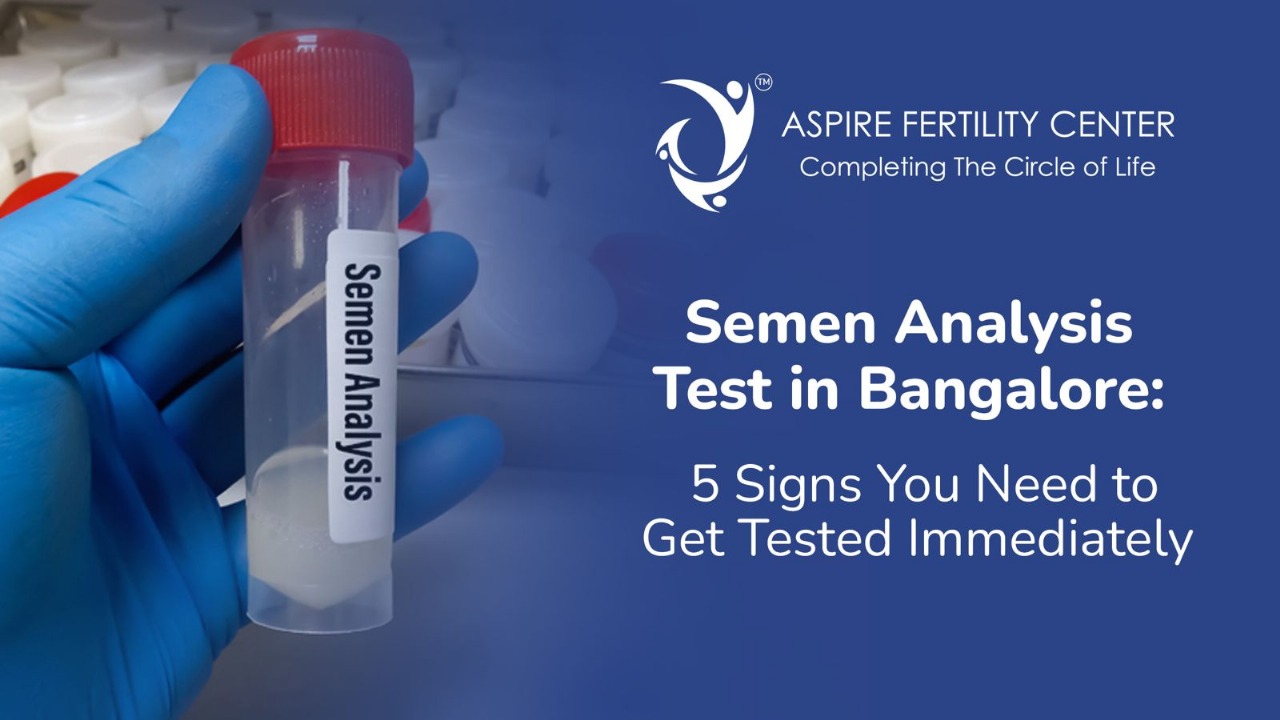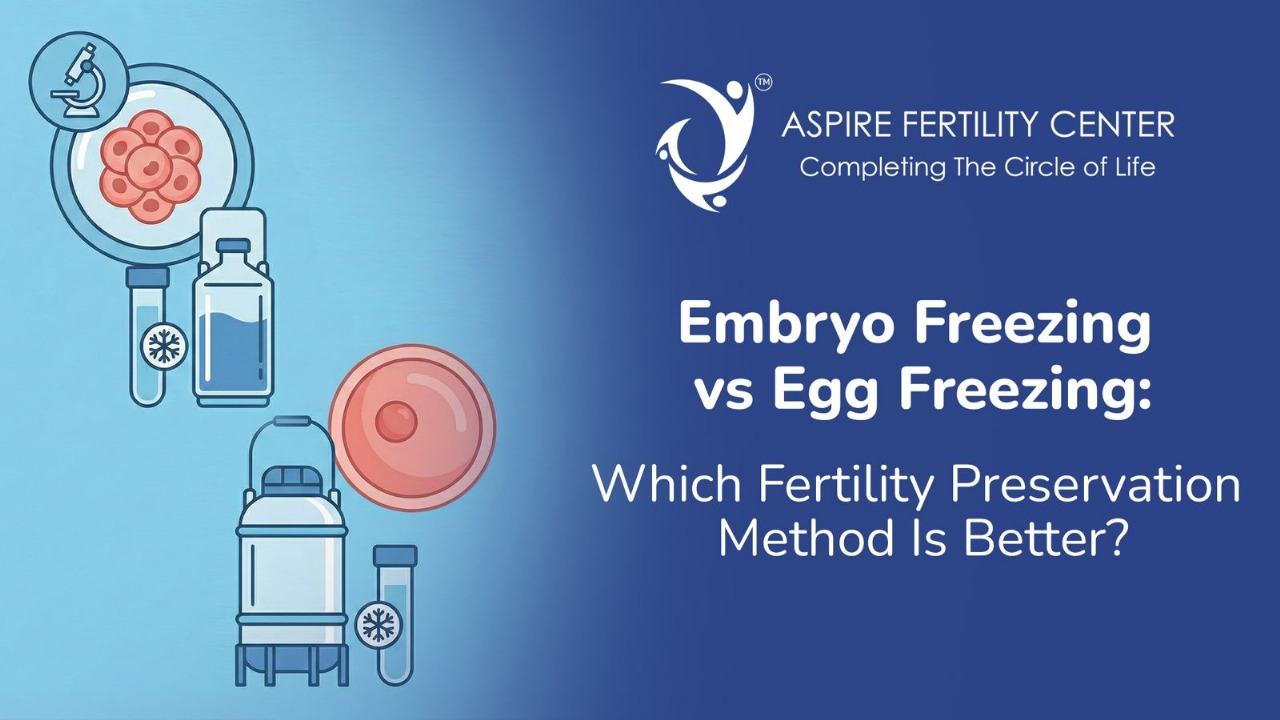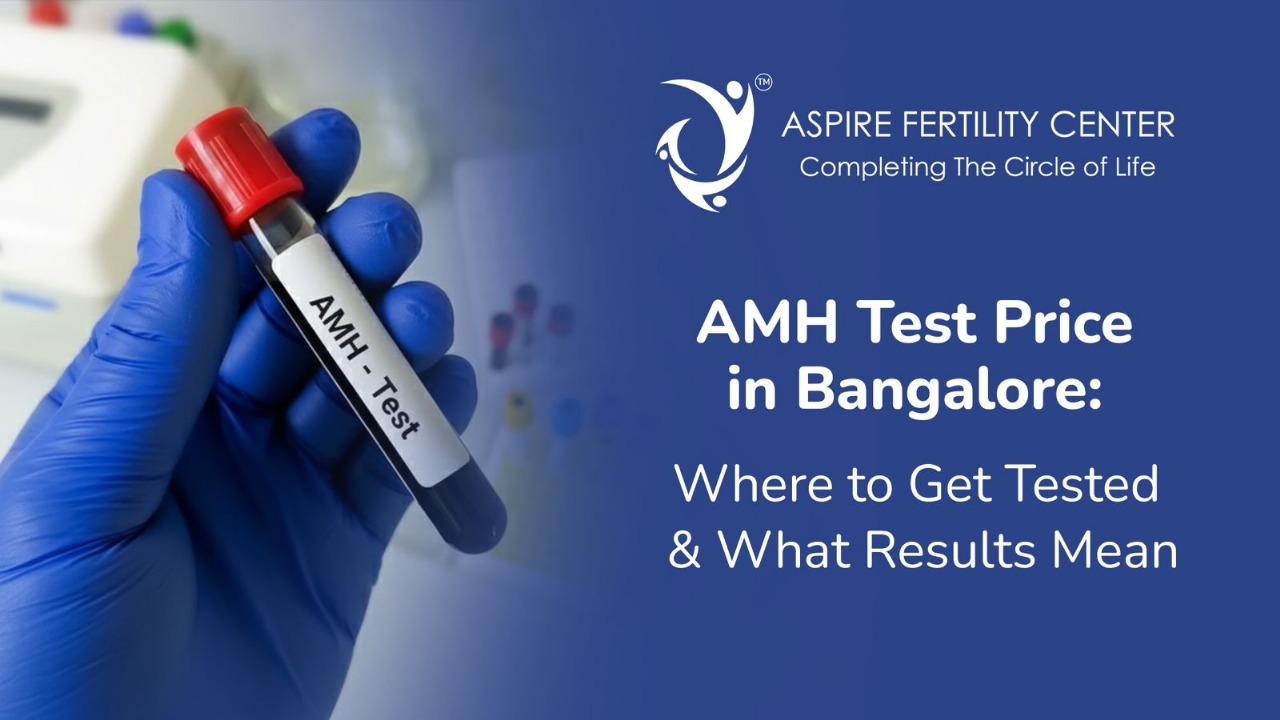Introduction to PRP Treatment: What is Platelet-Rich Plasma?
Platelet-rich plasma (PRP) treatment is an innovative medical technique that leverages the body’s natural healing properties to improve various health conditions. When it comes to fertility, PRP therapy has shown significant potential in aiding women with reproductive challenges, especially those dealing with issues like a poor ovarian reserve or a thin uterine lining.
In fertility treatment, PRP therapy involves injecting plasma, which is rich in platelets and growth factors, into the ovaries or uterus to stimulate tissue repair, increase ovarian function, and enhance endometrial receptivity. This natural approach has become an emerging alternative to boost fertility success in women who have had difficulty conceiving previously.
How PRP Treatment Works in Fertility
PRP treatment begins by extracting a small amount of the patient’s blood. The blood is then placed in a centrifuge, where it undergoes a process of spinning to separate the platelets from the plasma. The resulting fluid, platelet-rich plasma, which is concentrated with growth factors, is then injected into specific areas such as the ovaries or uterus.
The growth factors in the PRP stimulate tissue regeneration, improving ovarian function and increasing the thickness of the uterine lining. For women experiencing infertility due to poor egg quality or thin endometrial linings, PRP injections can play a critical role in enhancing fertility and preparing the body for procedures like IVF (In Vitro Fertilization).
PRP Treatment in Bangalore
In Bangalore, PRP therapy has emerged as a promising fertility treatment for women with diminished ovarian reserve or those struggling with recurrent implantation failure. Aspire Fertility Center, is at the forefront of offering this innovative approach to improve fertility outcomes. PRP injections are performed by specialists who customize treatment plans according to the patient’s individual needs, whether it’s to enhance egg quality or support the uterine lining for implantation.
PRP Treatment Cost in Bangalore
The cost of PRP treatment in Bangalore varies depending on the clinic and the specific fertility challenges being addressed. On average, PRP treatment for fertility can range between ₹30,000 to ₹80,000. This price can increase if the PRP therapy is combined with other procedures like IVF. While PRP treatment is an investment, its potential to improve fertility outcomes makes it a valuable option for many couples.
PRP Injection: What to Expect During the Procedure
During PRP treatment for fertility, the patient can expect a simple and minimally invasive procedure. After the blood is drawn and processed, the platelet-rich plasma is injected into the ovaries or uterus. The procedure is typically done in an outpatient setting, and patients may experience slight discomfort at the injection site, but the process is generally well-tolerated.
The entire procedure, from blood draw to injection, takes about 1-2 hours. Following the PRP injection, patients can resume normal activities with minimal downtime.
Recovery and Aftercare Following PRP Treatment
After PRP treatment, most patients experience mild cramping or discomfort, but these symptoms typically resolve within a day or two. The body’s healing process begins immediately after the injection, and results may take a few weeks to become apparent, especially when the treatment is focused on ovarian rejuvenation or improving the uterine lining.
Doctors typically recommend follow-up appointments to monitor progress and adjust treatment plans if necessary. It’s essential to follow all post-procedure care guidelines provided by your fertility specialist to ensure the best possible outcome.
How to Choose the Best PRP Therapy Clinic in Bangalore
Choosing the right clinic for PRP therapy in Bangalore is crucial for ensuring successful fertility outcomes. At Aspire Fertility Center, we support individuals and couples in making informed choices about their fertility potential and the options and the options they could take in their path to parenthood. Our state-of-the-art IVF facility is equipped with cutting-edge technologies, including a specialized laboratory and the most advanced imaging equipment for Ultrasounds and scans. Our experienced team of fertility specialists, led by Dr.Ashwini G.B., who is one of very few ESHERE (European Society of Human Reproduction and Embryology) certified Clinical Embryologists in India, are experienced in fertility treatments such as IUI, IVF, ICSI, PGT and other fertility services, tailored to each of our patient’s unique needs.
When selecting a clinic, consider factors like:
- Experience with PRP for fertility: Speak to a Doctor at the clinic to check if they have a proven track record with PRP treatments for fertility.
- Success rates: Check the clinic’s success rates for treatments related to infertility.
- Patient testimonials: Look for positive reviews from previous patients who have undergone treatment for infertility at the clinic.
- Technology and facilities: Ensure the clinic is equipped with the latest technologies and offers comprehensive fertility care.
The Role of PRP Therapy in Fertility Treatments
- Women with poor ovarian reserve: PRP injections may help rejuvenate ovarian function, improving the chances of producing high-quality eggs.
- Those undergoing IVF: PRP therapy can enhance the uterine lining, improving the chances of embryo implantation and a successful pregnancy.
- Women with thin uterine lining: By improving the thickness of the endometrial lining, PRP therapy can make the uterus more receptive to embryo implantation.
How to Prepare for PRP Therapy Session
Before undergoing PRP therapy, patients should consult the Fertility Specialist to discuss their medical history and treatment goals. Blood tests and fertility assessments may be conducted to determine if PRP is a suitable option.
Patients are advised to:
- Maintain a healthy lifestyle: Proper nutrition, hydration, and stress management can improve overall fertility health.
- Avoid anti-inflammatory medications: These can interfere with the effectiveness of PRP, so it’s important to follow the precautions and advisory shared by the fertility specialist.
Side Effects of PRP Treatment: What Patients Should Know
PRP therapy is considered safe since it uses the patient’s own blood, reducing the risk of allergic reactions or adverse side effects.
However, there may be some side effects, including:
- Mild pain or cramping at the injection site.
- Infection (though rare, it’s a possibility with any medical procedure).
- Bruising at the blood drawn or injection sites.
It’s essential to choose a qualified and experienced fertility specialist to minimize any other risks associated with the procedure.
FAQs
Q1. How soon can I expect results from PRP therapy for fertility?
It may take several weeks to see the full benefits of PRP therapy, particularly when used for ovarian rejuvenation or uterine lining improvement.
Q2. Is PRP therapy safe for fertility treatments?
Yes, since PRP uses your blood, the procedure is generally safe and carries minimal risk of allergic reactions or complications.
Q3. Can PRP therapy be combined with IVF?
Absolutely. PRP therapy can complement IVF by improving egg quality and making the uterine lining more receptive to embryo implantation.
Q4. How many PRP sessions are needed for fertility?
The number of PRP sessions varies depending on individual fertility needs, but typically, one or two treatments are sufficient.
Q5. Are there any side effects of PRP therapy for fertility treatments?
PRP therapy for fertility is generally considered safe, but mild side effects like temporary cramping, spotting, or mild discomfort may occur after the procedure. These normally settle within a few days.





